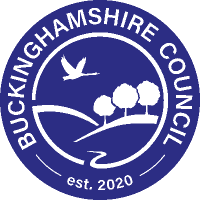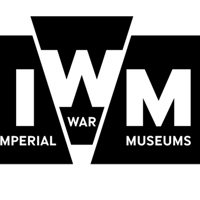How we can help Our services
Solving complex problems requires joined up thinking. Our teams work across data, technology, experience and design so organisations can deliver better services and experiences.


The change you need
When it comes to digital transformation we know what works and what doesn't. We’ll apply our thinking, skills and experience to your unique context so you create the greatest impact.
We’ll help you apply design thinking to understand your problem and your users’ needs so you can find the best way forward. Solve specific challenges and discover opportunities to transform your organisation across strategy, structure, services and ways of working.
Find out moreTrusted by
Collaboration is really important to us. We work in partnership with our clients and we're proud of the results we've achieved together.
Frameworks

Digital Specialists and Programmes
Use this to procure our services if you need people with the full range of Digital, Data and Technology (DDaT) skills for a digital transformation/capability project.
Find us here
G-cloud 13
Purchase cloud based computing services such as hosting, software and cloud support including many off-the-shelf, pay as you go cloud solutions.
Find us here
Digital Outcomes and Specialists 6
Find suppliers who can design, build and provide bespoke digital services using an agile approach. Opportunities are advertised on the Digital Marketplace.
Find us here
ESPO Consultancy Services Framework
Designed to create a simple and efficient solution for those looking to procure trustworthy advice from pre approved suppliers.
Find us hereLatest insights
Sharing knowledge helps us to learn and grow. Take a look through our insights for our latest thinking, learning and perspectives on transformation trends.

How AI can reinvent the foundations of planning
AI can create a smarter, fairer planning system. Boosting engagement, speeding decisions, and rebuilding trust in local development.
Read more
How cross-sector collaboration can transform charities
Discover how effective cross-sector collaboration helps charities create lasting change through shared goals, inclusivity, and lean governance.
Read more
Reimagining new towns: Innovation, digital first delivery and new statecraft
At UKREiiF, we discussed how bold leadership, digital tools, and innovative funding can transform the next generation of new towns into thriving places.
Read more
Talk to us
Have a project in mind or want to find out more? We’re always happy to have a chat to see how we can help.



















